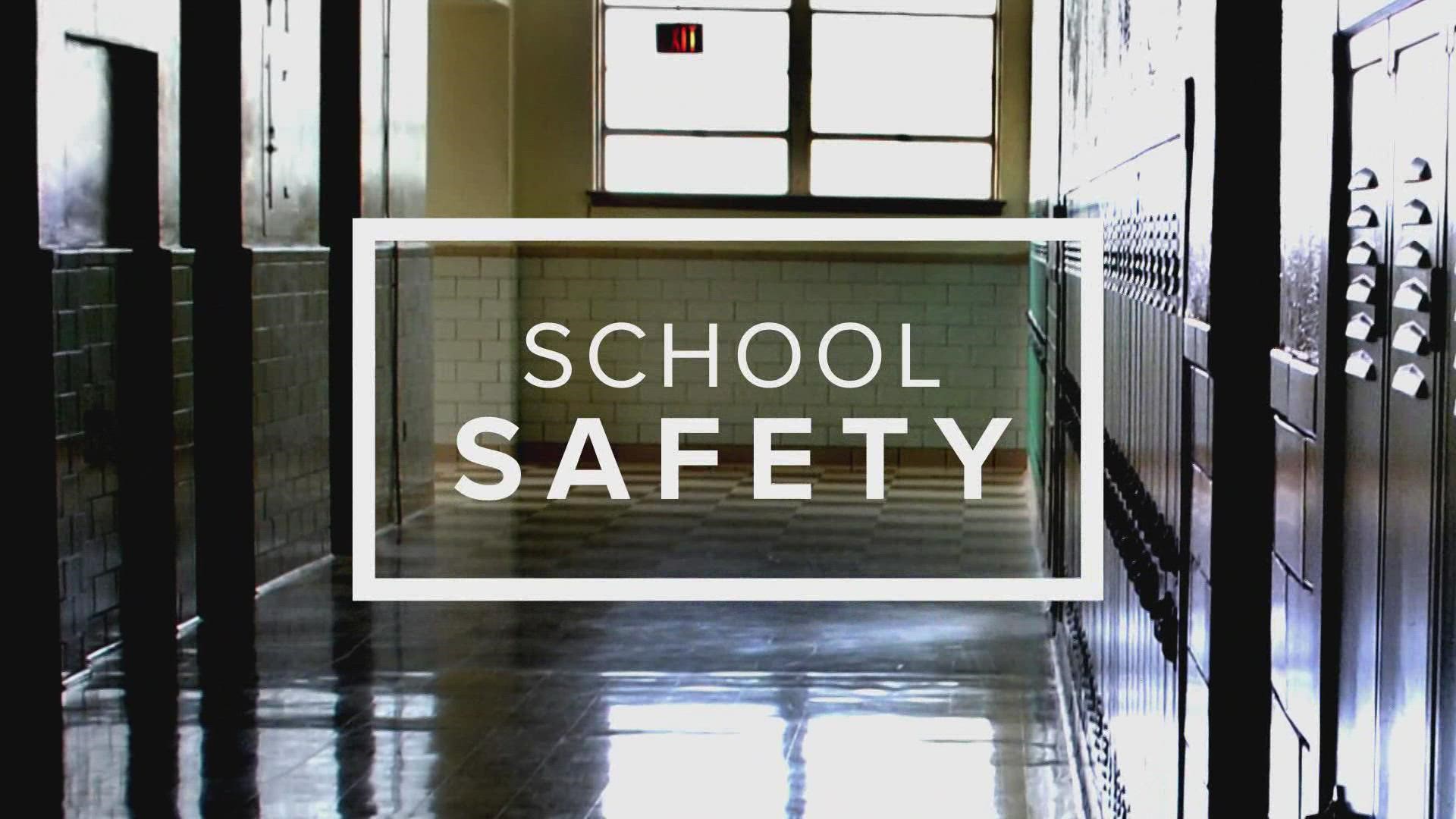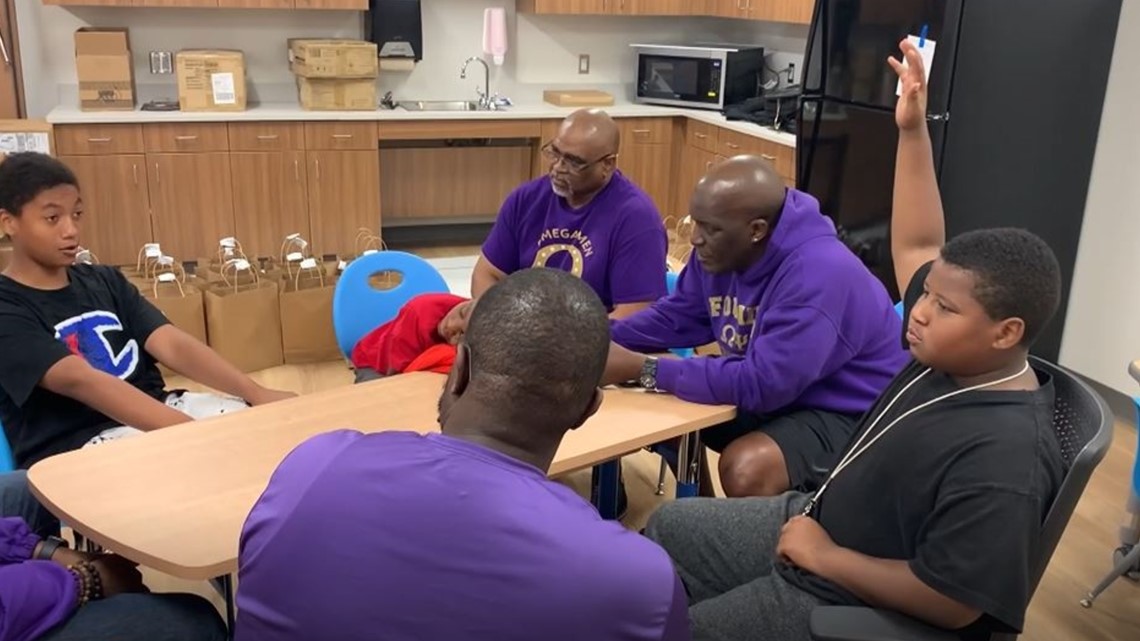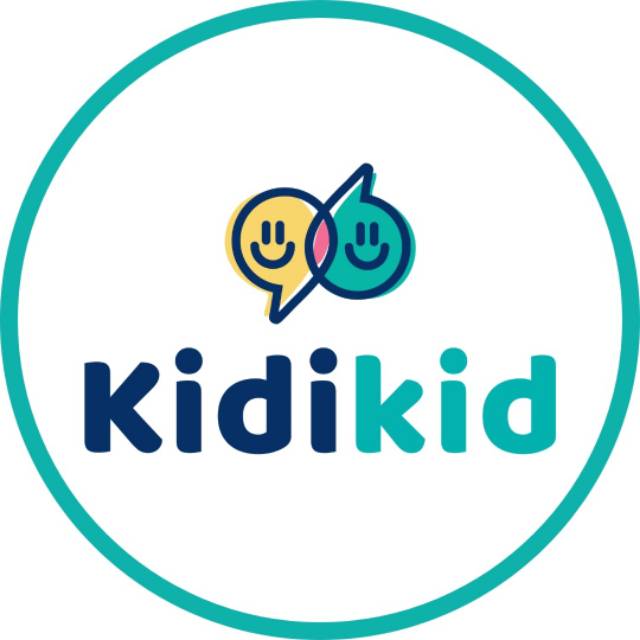Empowering Education: The Vital Bond Between Parents and Students
Table of Contents
- How mentorship is helping Killeen ISD students succeed | kcentv.com
- KIS Early Years Laying The Foundation for Successful Future Learning ...
- Produk Kidakids_id | Shopee Indonesia
- youtube kisd - YouTube
- Killeen ISD prepares safety upgrades for next school year | kcentv.com
- KICD Makes A Statement On Supply Of Books To Schools. » News Daily
- Kidd from the Internet: The World of Kris Kidd - C-Heads Magazine
- KIKD Farmasi Klinis Dan Komunitas | PDF
- Parents, Killeen ISD is excited for the upcoming school year! : Killeen ...
- Produk Kidikid Indonesia | Shopee Indonesia

When it comes to a child's educational journey, the relationship between parents and students plays a pivotal role. This bond is not just about providing emotional support, but it also significantly influences the academic performance and personal development of the student. In this article, we will delve into the importance of the parent-student relationship and explore ways to strengthen this bond for a more successful and fulfilling educational experience.


Why is the Parent-Student Relationship Important?

The parent-student relationship is the foundation upon which a child's educational success is built. Parents are the first educators of their children, and their involvement in the educational process can greatly enhance the learning experience. Research has shown that students whose parents are actively engaged in their education tend to have better grades, higher attendance rates, and a more positive attitude towards learning. Moreover, a strong parent-student relationship can also foster a sense of security and confidence in students, which is crucial for their emotional and psychological well-being.


How Can Parents Support Their Children's Education?

There are numerous ways parents can support their children's education and strengthen their bond with them. Here are a few suggestions:

- Communicate Regularly: Regular communication is key to understanding a child's educational needs and challenges. Parents should make it a point to talk to their children daily about their school experiences, listen to their concerns, and offer guidance and support when needed.
- Attend School Events: Attending parent-teacher conferences, school meetings, and other events demonstrates a parent's interest in their child's education and provides an opportunity to stay updated on their child's progress.
- Help with Homework: Assisting with homework can be a great way for parents to engage with their child's educational material and help them understand complex concepts. However, it's essential to strike a balance and not do the work for them, as this can undermine their learning experience.
- Encourage Reading and Learning: Encouraging a love for reading and learning can open up a world of knowledge and possibilities for children. Parents can do this by reading with their children, discussing books, and supporting their interests in various subjects.


Benefits of a Strong Parent-Student Relationship
A strong and supportive relationship between parents and students can have numerous benefits, including:
- Improved Academic Performance: Active parental involvement is linked to better academic outcomes, including higher grades and test scores.
- Enhanced Emotional Well-being: A supportive parent-student relationship can lead to increased self-esteem, reduced stress, and a more positive outlook on life.
- Better Social Skills: Children with supportive parents tend to have better social skills, as they learn important values like respect, empathy, and communication.
- Increased Motivation: When parents are engaged in their child's education, it can motivate the child to work harder and strive for excellence.
In conclusion, the relationship between parents and students is a critical component of a child's educational journey. By fostering a strong, supportive bond, parents can significantly impact their child's academic success, emotional well-being, and personal development. Through regular communication, attending school events, helping with homework, and encouraging a love for learning, parents can empower their children to reach their full potential. As we strive to create a more supportive and inclusive educational environment, let us not forget the vital role that parents play in shaping the minds of the future.
By working together, parents and educators can provide children with the tools, guidance, and encouragement they need to succeed, not just in academics, but in life. The journey to empowerment begins at home, and with a strong parent-student relationship, we can pave the way for a brighter, more promising future for generations to come.